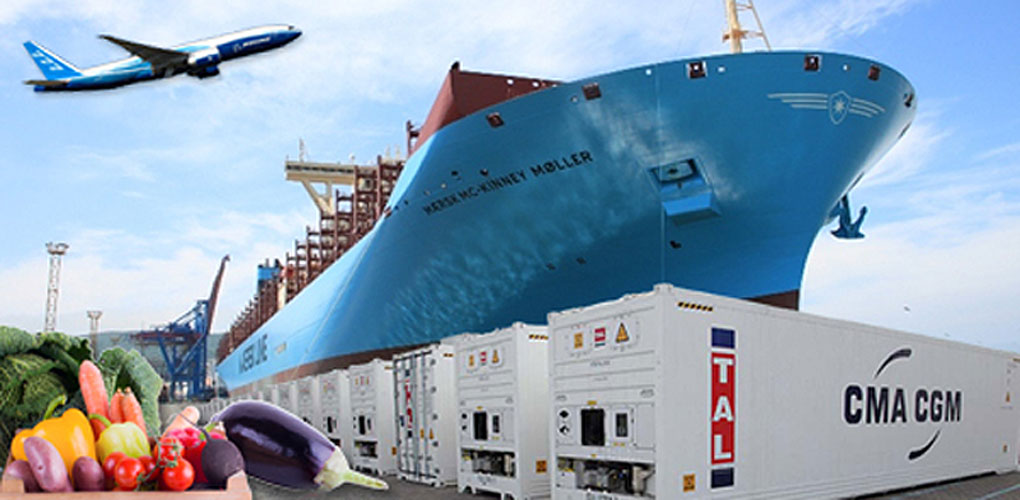Perishables modal shift fuelled by technology
03 / 03 / 2015

NEW technology in controlled-atmosphere containers (CAC), such as Maersk Container Industry’s (MCI) Star Cool CA product line, has the potential to further accelerate the modal shift in the transportation of perishables, a report reveals.
The technology’s ability to slow down the ripening process potentially opens up ocean transport as a viable alternative to air cargo on some of the longer trade routes, observes Derek Brand, maritime advisor for research company Seabury and author of the report.
“Whereas previously some fresh foods could only be transported in [sea] containers for short or medium-length voyages, controlled-atmosphere containers remove this limitation,” he argues. “Even on some trade routes that are already within range for regular reefer containers, controlled-atmosphere technology could still improve the status quo by extending shelf life.”
A decade ago, tomatoes were just as likely to be transported by air as in a reefer container. “Today, tomatoes are transported almost entirely in [sea] containers. The same holds true for numerous other perishable commodities,” he adds.
The modal shift is not limited to perishables – it has impacted on all airfreight trade lanes.
According to the report, if air cargo’s share of total trade had stayed constant since 2000, 15.2m tonnes of cargo would still be transported by air rather than by ocean – translating roughly to an additional 1.5m TEU of cargo each year moving by ship, rather than aircraft.
“If there had been no modal shift since the year 2000, 5.4m tonnes of cargo would still be transported by air rather than ocean. Air cargo should have grown at an average annual rate of 4.5 per cent, but has instead grown at 2.6 per cent,” notes Brand.
It’s a sobering analysis for airfreight operators grappling with poor yields.
Brand cites the growth in the amount of raw materials (commodity mix) and cheaper consumer products (value effect), such as T-shirts, transported by sea freight as two examples for the modal shift.
The overall effect is that some 100,000 TEUs are transported by ocean carriers instead of aircraft annually, says the study.
The shift is particularly pronounced in certain fresh produce like capsicum, fresh fish, lettuce and pineapples, along with tomatoes.
“The volumes that have shifted to ocean transport are significant for the air cargo industry,” concludes Brand. “New technology has the potential to be an engine for growth. What will be very interesting to watch will be the extent to which longer trade lanes grow once ocean transport becomes a viable option.
“We may find that trade flows that currently rely on air transport may actually be constrained due to poor economics. Once ocean transport becomes a possibility, some markets may open up quite a bit, dramatically changing the trade structure for these commodities.”














